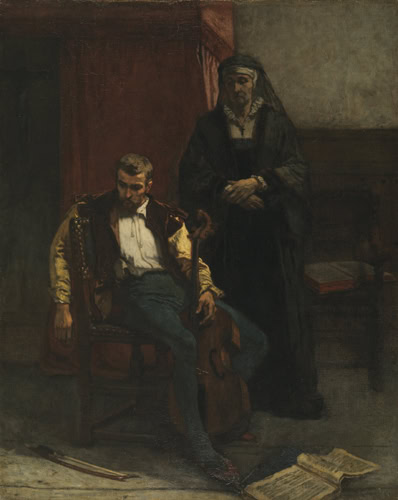The importance of solidarity
As the SMV prepares to host the 23rd FIM Congress in Geneva in June, here is a summary of some of the key themes from last year's International Orchestra Conference.
From 23 to 26 October last year, the 5th International Orchestra Conference (IOC) took place in Malmö, Sweden, organized by the International Federation of Musicians (FIM), of which the Swiss Musicians' Union is a founding member. Two members of the SMV were among the speakers: Central Secretary Beat Santschi, who is also Vice-President of the FIM, moderated a panel entitled "Ensuring solidarity in the orchestra and at international level: a trade union strategy", while trade union secretary Jessica Frossard took part in a panel entitled "Freelance musicians in the orchestra: the same profession, therefore the same rights?". On this occasion, she was able to lift the veil on the divide between freelance and salaried musicians. Due to the short duration of their engagements, the latter rarely reach the thresholds required in Switzerland to qualify for social benefits: Sick leave, pension (BVG) or maternity leave. She was also able to explain the problems arising from two measures to protect pregnant women that are incompatible with the nature of the profession of orchestral musician. Article 11 of the Ordinance of the Federal Department of Economic Affairs, Education and Research on hazardous and arduous work during pregnancy and maternity states that "pregnant women may not be employed at workplaces with a sound pressure level of ≥85 dB(A) [with an average daily exposure of eight hours]", while Article 35a of the Federal Act on Work in Industry, Trade and Commerce stipulates that "pregnant women may not be employed between 8 p.m. and 6 a.m. from the 8th week before confinement". Compliance with these measures results in a ban on work. While for permanent employees, the employer must ensure appropriate working conditions or compensate for the loss of income, pregnant freelance musicians are simply no longer employed, which leads to de facto discrimination. On the initiative of the SMV and other trade unions and with the support of the Swiss Federation of Trade Unions, a motion on this issue was tabled in parliament (see our December 2024 issue).
The conference program was extensive and offered the opportunity to share experiences, express concerns or promote initiatives. Participants addressed a range of exciting and important topics relevant to musicians in symphony or opera orchestras, from working conditions and health prevention to environmental issues and international solidarity. For example, various problems related to work-life balance were discussed, such as discrimination against mothers or people caring for children and elderly or disabled relatives. While older musicians should have a right to more time off (some orchestras offer partial or early retirement plans that can accommodate their particular needs) and the new generations tend to have higher expectations or demands for work-life balance, excessive stress in any case degrades the quality of work and can interfere with personal life. While expanding the repertoire to other genres (film music or epic music for example) may attract new audiences or new funders, it was also noted that this diversification needs to be well managed so that it does not lead to increased pressure in the workplace. Musicians must also be given enough time to adjust. Personal lives are also affected when inadequate salaries force musicians to have more than one job, which is the case for many freelancers.
On a positive note, musicians and audience members in Japan can bring their children to the concert and they are looked after during the performance. Another example: In Kenya, classical music used to be reserved for the privileged few. Ongoing efforts to make music and music education more accessible have resulted in many people from different social backgrounds having access to classical and orchestral music, which has led to an increase in audience numbers. This shows once again the importance of effective mediation that intervenes in advance and reaches the potential audience
The issue of freelance migrants was particularly emphasized, especially with regard to the differences between their rights and those of permanent employees. At a global level, trade unions represent freelancers more effectively than was the case in the past. The SMV has been a pioneer in this field, working on their behalf since its foundation in 1914 (see the brochure on its history published on the occasion of its centenary). By joining a trade union, freelancers have access to information and means to assert their rights. A panel discussion emphasized the fundamental importance of solidarity within the orchestra and at international level as the basis for trade union work. For this reason, in Germany, the DOV has renamed itself unisono to emphasize the importance of solidarity and the need to speak with one voice. It is crucial to find a balance between those working in small and large orchestras, or between freelance and staff musicians, to focus on a common vision and common goals.
Our union secretary Jessica Frossard summarized her impressions as follows: "It is a unique experience to come together for a common cause and to discuss essential issues with professionals who have similar experiences but different resources and a different culture, both in terms of the political functioning of their country and the mentality regarding the profession and the image of each society in relation to the top-class music offered in the professional orchestras of the countries represented by the FIM. The work was intense and the exchanges fruitful".








